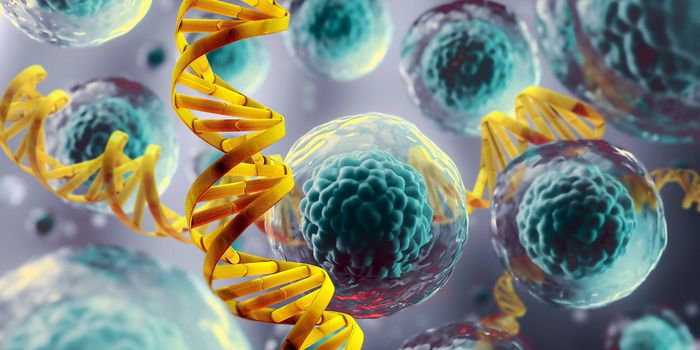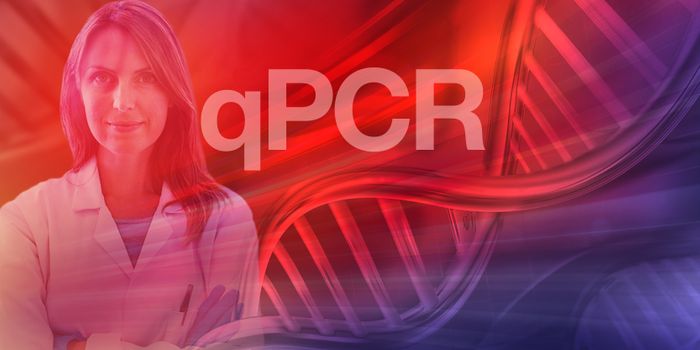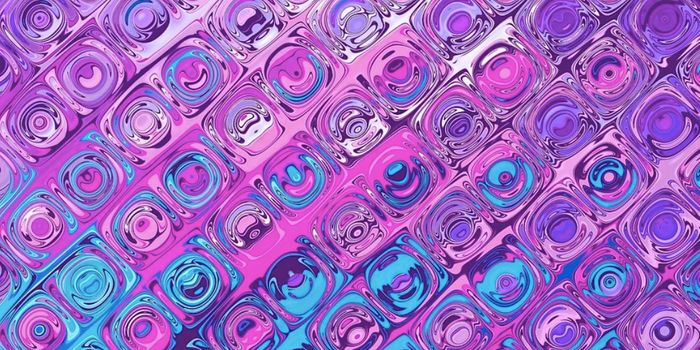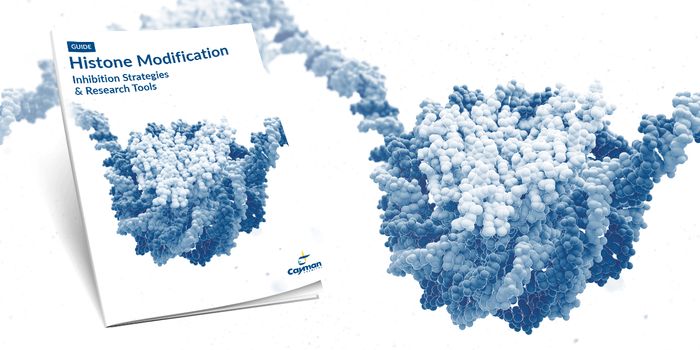Mitochondrial DNA Can Move to the Genome to Trigger Human Evolution
Mitochondria are often called the powerhouse of the cell, and these organelles are well-known for their energy-generating abilities. They are also special among organelles because they carry a tiny little genome of their own, known as mitochondrial DNA, and they can make their own tiny mitochondrial proteins. It's been hypothesized that mitochondria were once single-celled organisms that entered another single-celled organism, creating a symbiotic relationship that helped create more complex cells and organisms. Now, researchers have discovered that in about one in every 4,000 births, some of the mitochondrial DNA ends up getting inserted into the nuclear genome, a molecular change that could be influencing human evolution.
Cells carry the rest of the human genome in the nucleus; the genes that we have that are used to express most proteins are carried on the nuclear genome. This study showed that mitochondrial DNA also shows up in cancer cell genomes sometimes too. The work, which was reported in Nature, suggested that mitochondrial DNA might sometimes act as a kind of plaster that is used to repair damage in the nuclear genome.
Humans inherit their mitochondrial DNA from our mothers, not our fathers. But it has been recently suggested that in some rare cases, mitochondrial DNA can pass down paternally.
In this study, the researchers followed up on those findings, assessing DNA from over 11,000 families who volunteered for the 100,000 Genomes Project by Genomics England. Looking for paternal inheritance patterns, the researchers instead found that in some children, bits of mitochondrial DNA had been inserted into the nuclear DNA. The study authors suggested that the previous research regarding paternal mitochondrial DNA inheritance is incorrect, and that what has actually occurred is the movement of some mitochondrial DNA to the nuclear genome, which would then be passed down and could be detected.
The researchers then examined genetic data from over 66,000 other individuals, and found that mitochondrial DNA gets inserted into the nuclear genome all the time. The scientists suggested that this is a novel form of human evolution.
While we still don't know how this is happening, and whether it is a direct mechanism or uses intermediaries, is seems that it probably happens within the egg cells of the mother, suggested Professor Patrick Chinnery of the University of Cambridge.
The researchers estimate that in about one in 4,000 births, some mitochondrial DNA is transferred to the nuclear genome. If one of those people has kids, they will pass the inserts down. The study suggested that about one in seven people, around 14 percent of us, carry very recent inserts. They may sometimes unfortunately lead to disease, like cancer.
When 12,500 cancerous tumor samples were assayed, the researchers determined that tumor nuclear DNA has even more mitochondrial DNA than other normal cells. About one in 1,000 cancerous tumors had these inserts, and the insert had probably caused the cancer in some cases.
"Our nuclear genetic code is breaking and being repaired all the time," said Chinnery. "Mitochondrial DNA appears to act almost like a Band-Aid, a sticking plaster to help the nuclear genetic code repair itself. And sometimes this works, but on rare occasions if might make things worse or even trigger the development of tumors."
About 58 percent of these insertions were occurring in protein-coding regions of the genome. The body can detect these genomic invasions and silence the changes they cause, in a process known as methylation. Not every insertion of mitochondrial DNA is detected and silenced, however.
The researchers did not find any evidence that nuclear DNA ever ends up in the mitochondrial genome, in part because we have so much more mitochondrial DNA. Mitochondrial DNA is also tightly packed within its organelle, and nuclear DNA would have difficulty accessing it.
Sources: University of Cambridge, Nature









